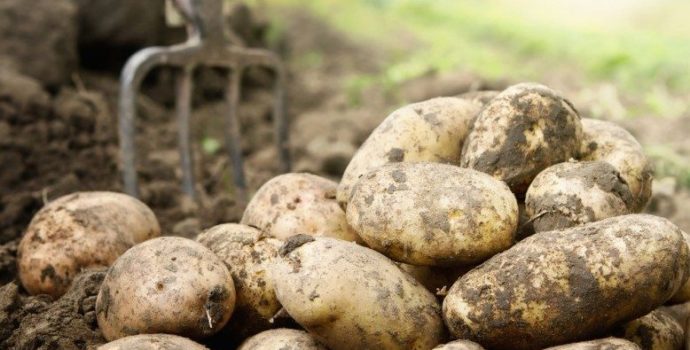IFA Calls for a Climate Activation Programme to Address Climate Challenge

IFA’s Environment Chairman Thomas Cooney has called on Government to introduce additional measures to avoid climate fines, and to further reduce Ireland’s greenhouse gas emissions.
Thomas Cooney made his call following the recent Climate Change Advisory Council’s report which once again highlighted the challenges faced in achieving Ireland’s 2020 climate targets. These targets were agreed by former Environment Minister and Green Party Leader John Gormley, without any plan, budget or awareness of the cost implications of delivering these targets for jobs or the environment, Thomas Cooney said.
Agencies such as the Institute of International and European Affairs (IIEA) estimates that Ireland is likely to be hit with a compliance bill of up to €610 million by 2020 for breaching its current renewable energy and emissions targets.
Thomas Cooney said this money should instead be diverted into a climate activation programme, focused on the following areas:
- A biomass development programme, which would displace electricity generated from peat and coal. This would eliminate 64% of greenhouse gasses created when generating electricity.
- The re-opening of the Green Low Carbon Agri-Environment Scheme (GLAS). This would reduce greenhouse gas emissions by an additional 65,000 tonnes each year.
- The announcement of a zero carbon electricity tariff for community based renewable projects. This should be used over time to displace electricity production from gas, which account for 35% of greenhouse gasses emitted when generating electricity.
- The scaling up of on-farm emission reduction programmes identified in the National Mitigation Plan, such as Smart Farming, Origin Green, and the Carbon Navigator.
- A full review by the Department of Agriculture’s Forest Services division of the new forestry programme and a commitment to remove all barriers, as planting is down 14% year on year.
IFA has also called on Phil Hogan, EU Agriculture and Rural Development Commissioner and Miguel Arias Cañete, EU Climate Action and Energy Commissioner to work towards 2030 climate targets that are more mindful of the multiple objectives of farmers as food, fuel and energy producers, as well as custodians of the rural environment. Thomas Cooney noted that this reality is included in the international Paris Accord and the EU’s agreed climate position in advance of the climate talks.
Concluding, Thomas Cooney said, “The fact that the largest proportion of greenhouse gas emissions comes from agriculture simply reflects the importance of farming to the national economy, with over 300,000 employed directly and indirectly in Ireland’s largest indigenous sector.
“However this network of farm families, co-operatives, shops and businesses also have an active interest in a sustainable future, built on working collaboratively to address challenges. A climate activation programme for rural Ireland that includes the five measures proposed has the potential to develop a diversification of enterprises and to re-energise the rural economy.”




